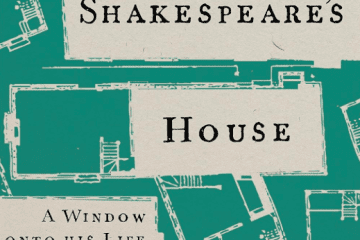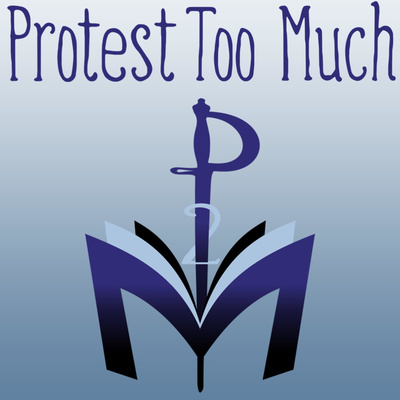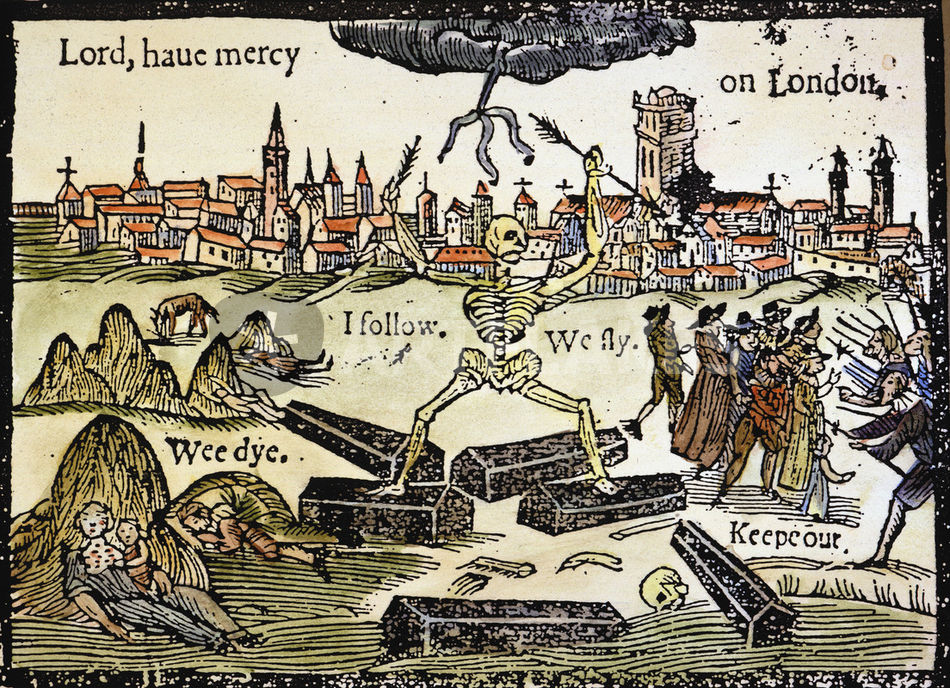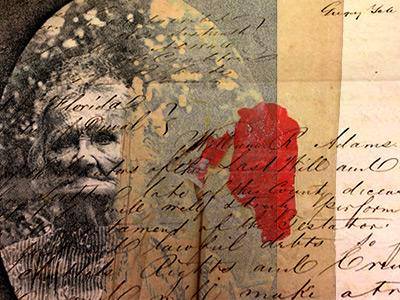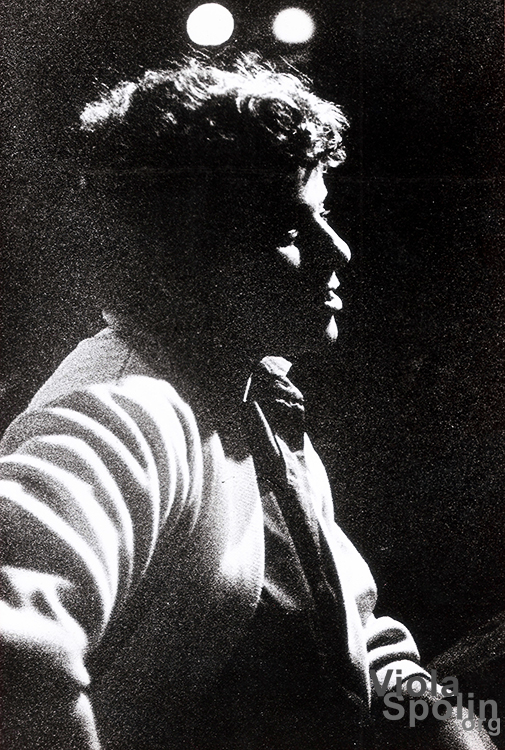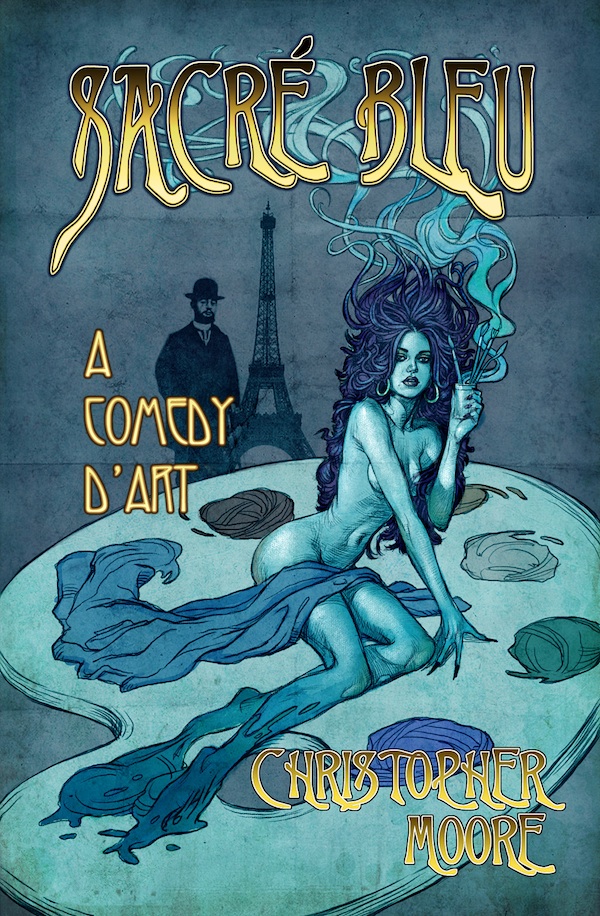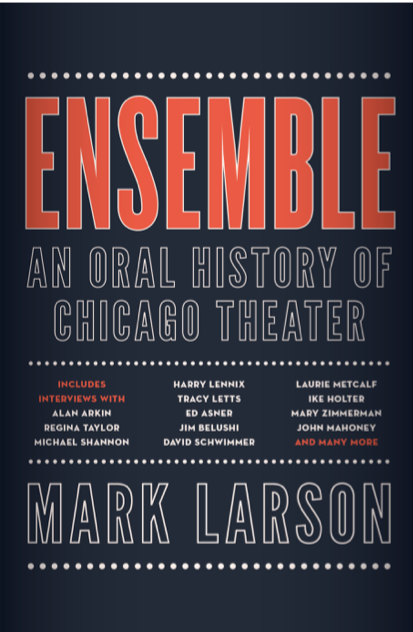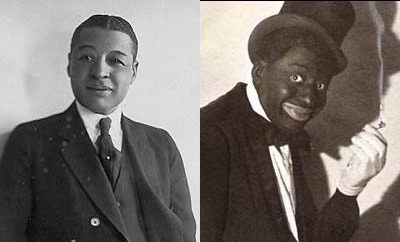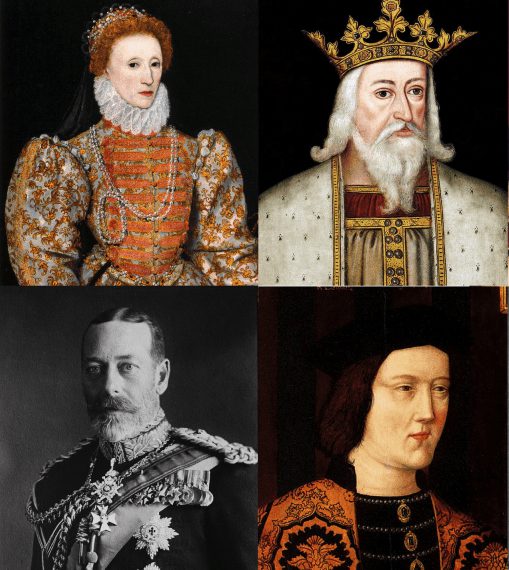Visiting ‘Shakespeare’s House’
Richard Schoch discusses Shakespeare’s House: A Window Onto His Life and Legacy, his wonderful new history of not only the building in Stratford-upon-Avon that William Shakespeare was born in, but how that building survived and became ground zero in the Shakespeare tourism industry. Schoch reveals how he discovered the dual focus of his book; how it took almost 200 years for people to realize the treasure that still stood in their midst; the shenanigans played by people who first depicted Shakespeare’s birthplace; the important distinctions between restoring a house and remaking it; the trick of hitting that sweet spot between writing an academic history and a popular one; and how the most important person in Shakespeare’s birthplace is not Shakespeare but the visitor. (Length 18:52)
Podcast: Download (21.7MB)
